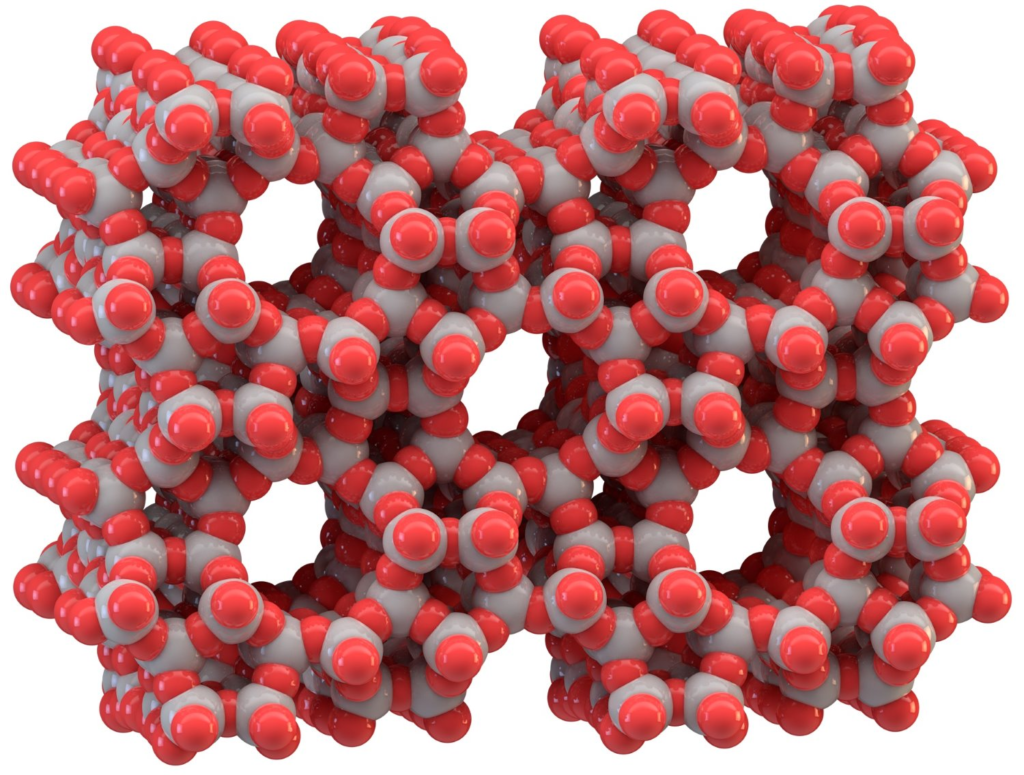Zeolite is a natural mineral that has gained significant attention in recent years due to its remarkable properties and wide range of applications. This versatile mineral is formed from volcanic ash and has a unique crystalline structure that allows it to absorb and release various substances. Natural Zeolites in the Industry

Structure of Zeolite Zeolites have been used for centuries in different cultures for their medicinal and industrial purposes.
From their role in water filtration and soil conditioning to their use in medicine and energy production, zeolite continues to astonish scientists and researchers with its countless applications.
Frequently Asked Questions about Zeolites
Q: What is a zeolite?
A: Zeolite is a naturally occurring mineral composed of a structure of interconnected channels formed by aluminum, silicon, and oxygen. It has a porous structure that allows for selective exchange of ions and molecules.
Q: How is zeolite used in agriculture?
A: Zeolite is commonly used in agriculture as a soil amendment to improve nutrient retention, water retention capacity, and root zone conditions. It can also enhance the efficacy of fertilizers and promote healthier plant growth.
Q: Can zeolite be used to filter water?
A: Yes, zeolite has excellent water filtration properties and is often used in water treatment systems to remove contaminants such as heavy metals, ammonia, and organic compounds. Its high adsorption capacity makes it an effective filtering medium.
Q: Is zeolite safe for human consumption?
A: Zeolite is generally recognized as safe for human consumption when used in appropriate amounts. It is sometimes used in dietary supplements for its potential detoxification properties and its ability to support overall gut health.
Q: Can zeolite be used in gas separation?
A: Yes, zeolite is commonly used in gas separation processes to selectively adsorb specific gases. Its porous structure allows for the separation of different components in gas mixtures, making it useful in applications such as natural gas purification and air separation.
Q: Does zeolite have any environmental benefits?
A: Zeolite has several environmental benefits. It can help remove contaminants such as heavy metals and nitrogen compounds from bodies of water, reducing water pollution. Additionally, zeolite can act as a catalyst in various environmental remediation processes.
Q: Is zeolite a renewable resource?
A: Zeolite is considered a renewable resource as it occurs naturally and can be mined or produced in laboratories. However, the rate of zeolite formation in nature is relatively slow, so sustainable extraction practices are important to ensure its long-term availability.
Q: How is zeolite synthesized?
A: Zeolite can be synthesized through various methods, including hydrothermal synthesis and ion exchange. These processes involve mixing aqueous solutions of specific elements or compounds under controlled conditions to promote the formation of zeolite crystals.

